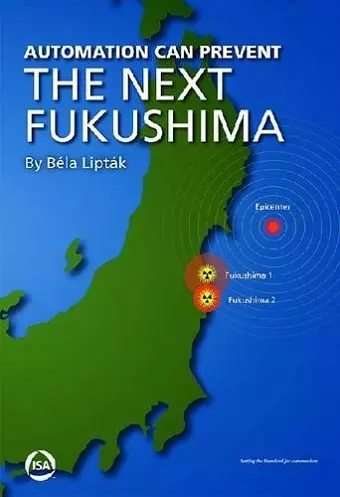Automation Can Prevent the Next Fukushima
Format:Hardback
Publisher:ISA
Published:28th Feb '14
Currently unavailable, and unfortunately no date known when it will be back

Automation protects against both unsafe conditions and human errors. It is the key to safety in the nuclear power industry. This is the message of this book, written by Béla Lipták, a consultant with more than 50 years’ experience in automation and industrial safety.
After reviewing the Three Mile Island, Chernobyl, and Fukushima accidents, he not only concludes that safety automation could have prevented all three, but also explains why they occurred and what was needed to prevent them.
In this book, he analyses these accidents and the industry as a whole, concluding that the next Fukushima is unavoidable unless the safety controls of the operating 438 ageing plants around the world are updated and fully automated. He believes that extending their operating licenses without adding the safety systems that are described in this book is irresponsible.
He recommends that nuclear power plants be given operating licenses or license extensions only if they satisfy the following design and automation requirements:
- The plant has the ability to automatically shut down the reactors even when both internal and external electric power supplies have failed and regardless of what management or the operators do.
- The energy needed to automatically cool and safely shut down the reactors is made available in an uninterruptible form, such as gravity, and this energy supply is backed up by the always available energy of decay steam.
- All primary containments are inerted and both the primary and secondary containments are protected against explosions by detecting both the presence of hydrogen and high pressure steam and by automatically triggering filtered venting, if either rises beyond safe limits.
- The automatic shutdown systems are so designed (like an airbag in a car) that they cannot be turned off by anybody or anything, including cyber-terrorist attacks.
ISBN: 9780876640173
Dimensions: unknown
Weight: unknown
336 pages